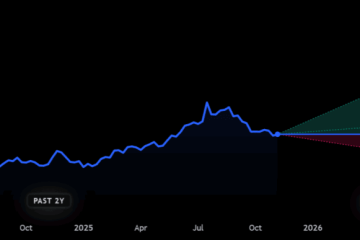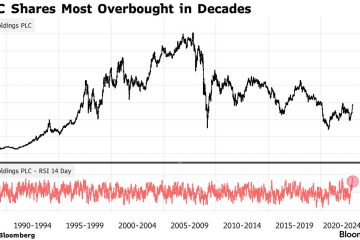Unilever Share Price: Current Trends and Market Factors

Introduction
The Unilever share price has become a focal point for investors seeking insights into the broader consumer goods market. As one of the world’s leading suppliers of consumer goods, Unilever’s financial performance is closely watched, making fluctuations in its share price a topic of significant interest. The resilience of consumer brands during economic uncertainty makes understanding the dynamics behind Unilever’s share price crucial for both current and prospective investors.
Current Trends in Unilever Share Price
As of mid-October 2023, Unilever’s share price has experienced notable fluctuations amidst changing market conditions. Following the release of the company’s third-quarter earnings report, the share price witnessed a modest uptick, closing at approximately £41.00 per share. This was a result of better-than-expected sales growth, particularly in the beauty and personal care segments, which contributed to an overall organic sales growth of 8% for the quarter.
However, the market remains cautious, influenced by a global economic slowdown and rising inflationary pressures. Investors are particularly attentive to how Unilever is managing costs and its pricing strategy in light of fluctuating raw material prices. Analysts have mixed sentiments regarding Unilever’s ability to maintain its profit margins in the face of increasing operational costs. Despite these challenges, the company’s diversified product portfolio continues to provide some level of stability.
Factors Influencing Unilever’s Share Price
Several key factors are driving the recent movements in Unilever’s share price:
- Consumer Demand: The demand for Unilever’s products remains strong in emerging markets, which is offsetting sluggish growth in mature markets.
- Raw Material Costs: The volatility of commodities like palm oil and soy continues to impact profit margins, as these are significant inputs for many of Unilever’s products.
- Regulatory Environment: Changes in regulation, particularly concerning sustainability and environmental impact, necessitate ongoing adjustments to Unilever’s operations and can affect investor sentiment.
Conclusion
In conclusion, the Unilever share price is currently navigating a complex landscape shaped by both internal performance and external economic pressures. Investors should closely monitor the company’s quarterly results, pricing strategies, and market conditions as they could signal future movements in the share price. As Unilever continues to innovate and adapt to changing consumer preferences, its share price will likely reflect these efforts. Thus, keeping abreast of market trends and company developments is crucial for making informed investment decisions.









